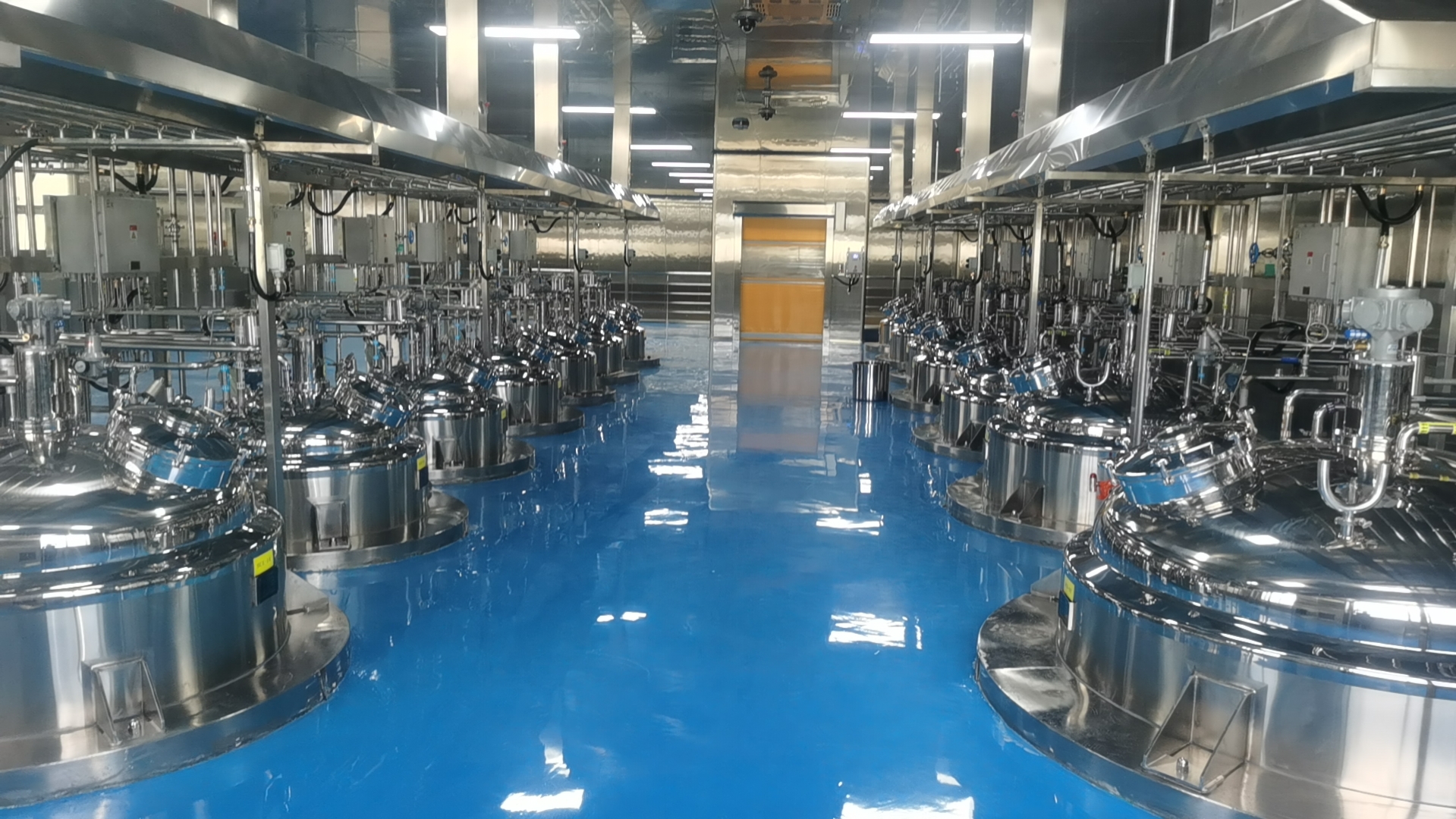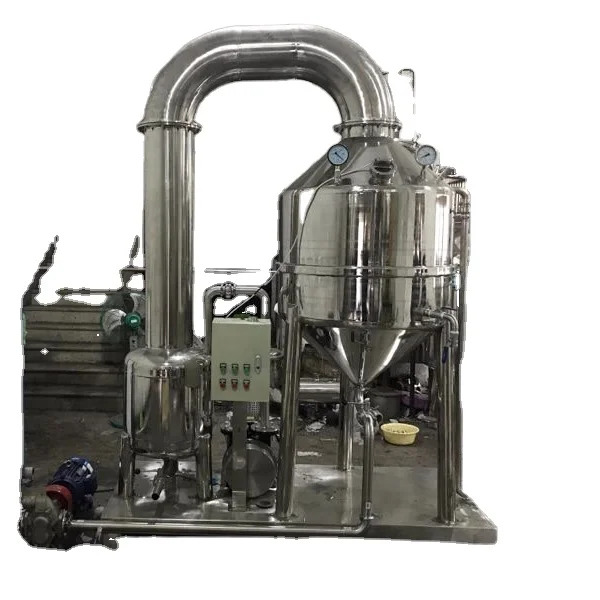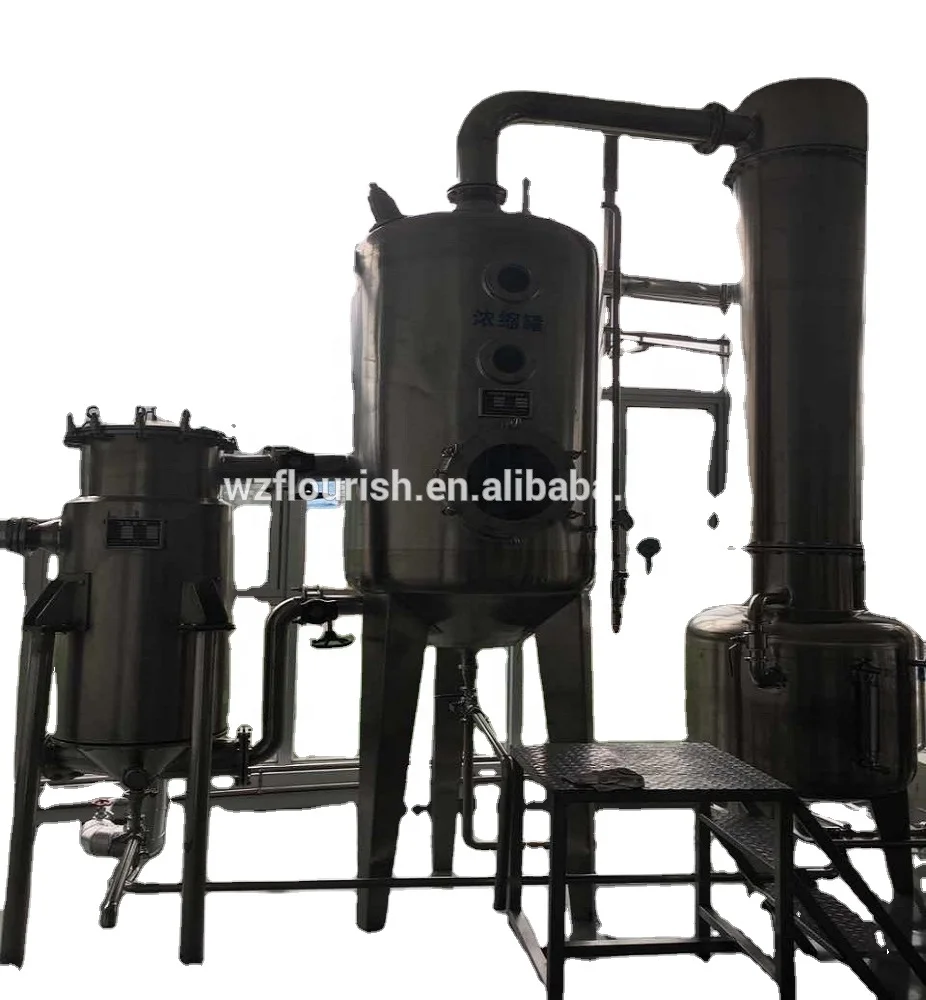
ABOUT
Wenzhou Vince Machinery Science Co., Ltd. was established in early 1980s. Our company covers an area of 6500 square meters and is an independent legal representative firm, possessing rich economic technology strength. Our company is a high tech enterprise and plays an important role in national dairy, foodstuff, pharmacy and machinery industries. We are a beverage machinery supplier.
Since the establishment, our company has mainly engaged in dairy products, foodstuff, beverage machinery, bean products, yellow wine, medicines and fermentation projects. What's more, our company supplies a complete sequence services in manufacturing, installation, test and personnel train, as well as the whole direction service design and consulting service on product project construction or enlargement artistic distribution engineering sets budget.
Fermentation Tank Design and Function
Material Selection and Construction
The choice of materials is paramount. Stainless steel, particularly grades 304 and 316, is the preferred material due to its corrosion resistance, ease of cleaning (crucial for maintaining sterility), and ability to withstand the often harsh conditions within the tank. The welds must be meticulously crafted to prevent crevices where microorganisms could accumulate and contaminate the batch. Furthermore, the surface finish needs to be smooth to minimize the potential for biofilm formation.
The construction itself is carefully planned. Tanks are typically cylindrical with a conical bottom to facilitate complete draining and cleaning. The size and shape are determined by the scale of operation, the type of fermentation, and the specific requirements of the microorganisms being cultured.
Agitation and Aeration
Effective mixing is crucial for uniform distribution of nutrients, oxygen (in aerobic fermentations), and heat. This is achieved through impellers, designed to create both radial and axial flow, ensuring even distribution throughout the tank's volume. The impeller type, size, and speed are carefully chosen based on the specific characteristics of the broth and the microorganisms involved. Incorrect agitation can lead to uneven growth and reduced yields.
Aeration is equally important in aerobic fermentations, providing the oxygen necessary for microbial respiration. Sterile air is introduced through sparger systems located at the base of the tank, creating fine bubbles for efficient oxygen transfer. The sparger design influences the size and distribution of bubbles, impacting oxygen transfer efficiency.
Temperature and pH Control
Maintaining optimal temperature and pH is vital for microbial growth and product formation. Temperature is controlled using jackets or coils incorporated into the tank's design, allowing for precise heating or cooling. pH is typically controlled through the addition of acids or bases via automated systems, monitoring the pH continuously and adjusting accordingly to maintain the desired range.
These sophisticated control systems, integrated with sensors and actuators, allow for precise and automated operation, minimizing the risk of deviation from optimal conditions and ensuring consistent product quality. The ability to precisely control these parameters is crucial for maximizing yields and ensuring product consistency.
SUBSCRIBE
INQUIRY





